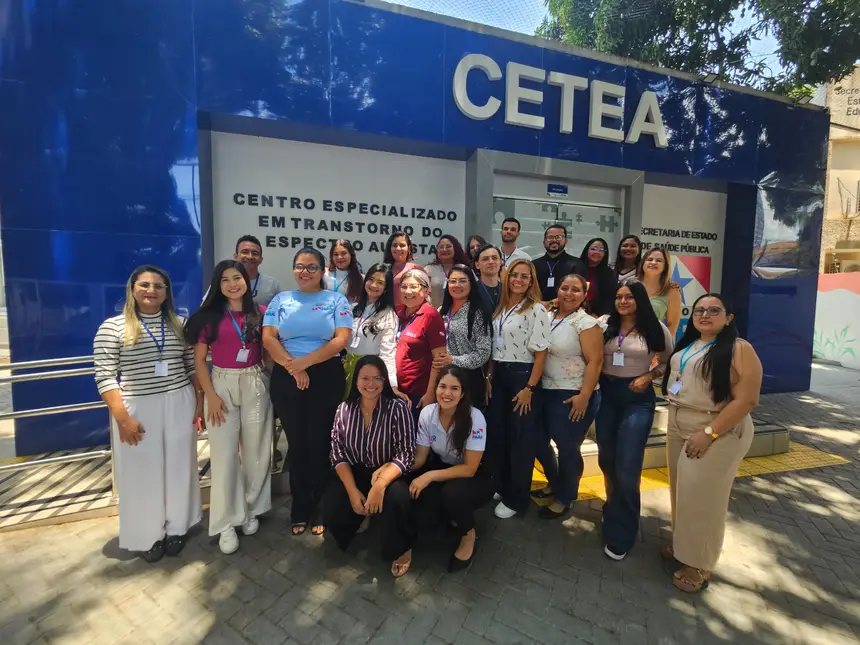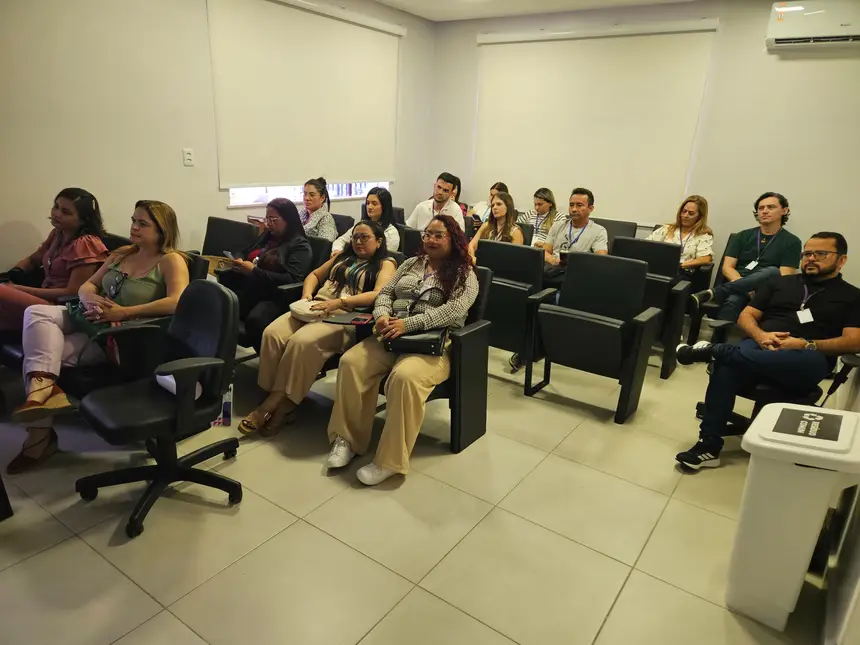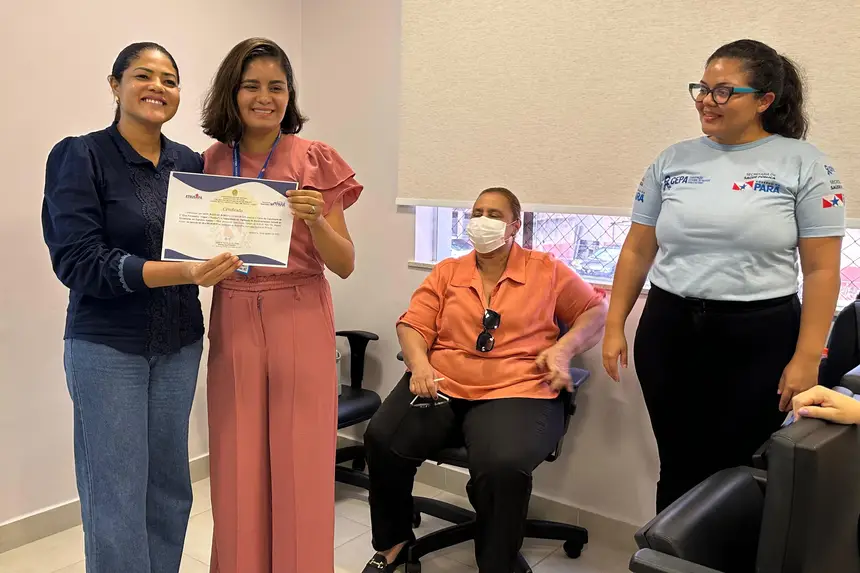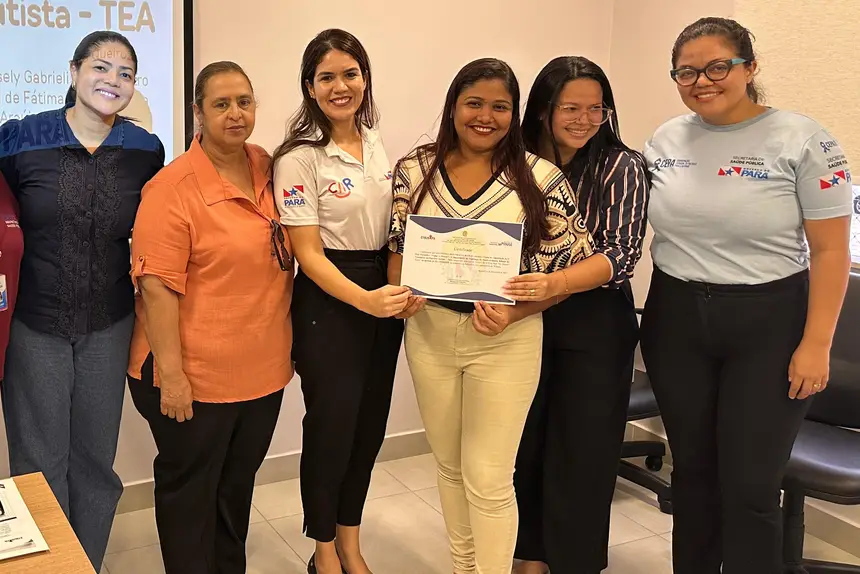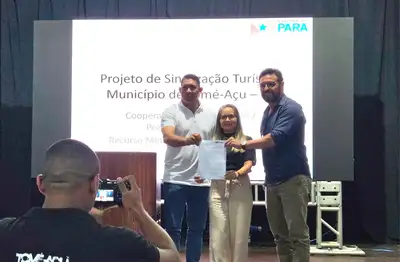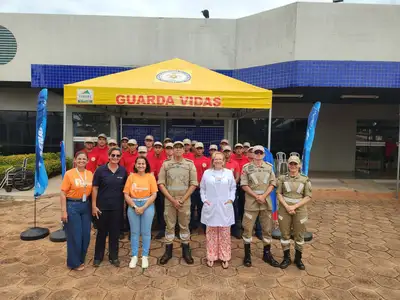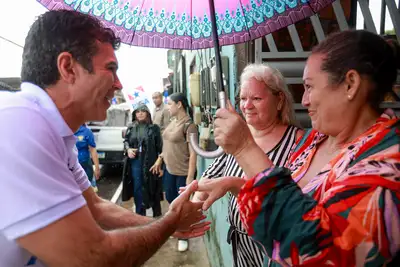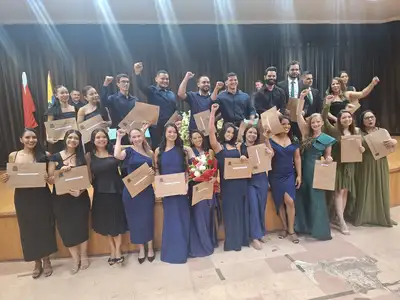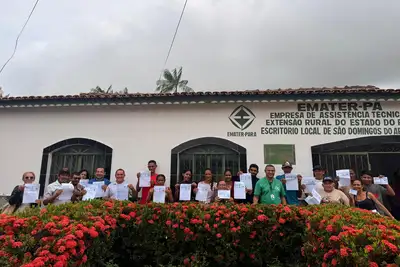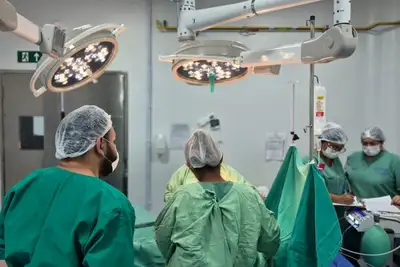Pará concludes the Formative Axis cycle with over 160 professionals trained in 2025
Pioneering initiative strengthens the state network for autism care and prepares multipliers in 33 municipalities
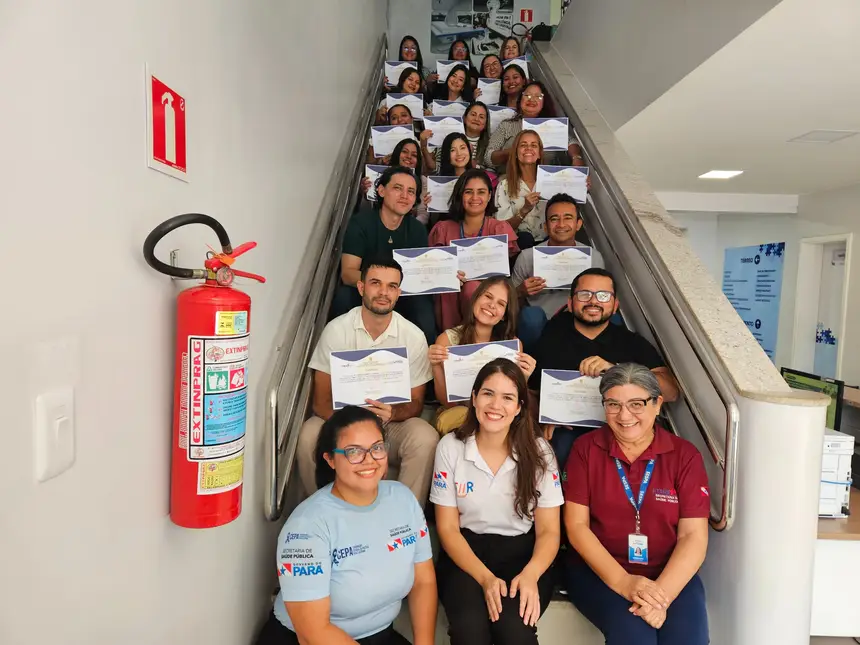
The Government of Pará, through the State Department of Public Health (Sespa), the State Coordination of Autism Policies (Cepa), the SUS Technical School "Dr. Manuel Ayres" (ETSUS), and the Integrated Center for Inclusion and Rehabilitation (CIIR), concluded this month the last class of the Formative Axis, ending the training cycle of 2025. Throughout the year, six classes were offered, qualifying 167 health professionals from 33 municipalities in Pará.
The initiative is part of the state policy for continuous qualification of services aimed at Autism Spectrum Disorder (TEA) and consolidates Pará as a pioneering state in offering specific training to health workers, focusing on early identification, welcoming, and humanized follow-up of people with TEA in all regions.
Strengthened network - The Formative Axis combines theoretical and practical classes, held at the Specialized Center for Autism Spectrum Disorder (Cetea), of the CIIR, and promotes integration among professionals from different municipalities and levels of care. The goal is to strengthen the public network, creating local multipliers prepared to provide comprehensive care to people with autism.
For Rejane Xavier, executive director of the CIIR, Cetea, as a strategic component of this axis, reaffirms its importance in consolidating a more equitable and accessible care network. "Through the training actions, the service not only expands the qualification of professionals but also decentralizes multiprofessional care and helps to overcome the geographical and continental barriers of our state," she adds. Thus, Cetea consolidates itself as a space for continuous learning, integration, and strengthening of inclusive practices throughout Pará.
"Closing this cycle of the Formative Axis is to celebrate the care that multiplies. Each trained professional carries with them more than technical knowledge; they carry sensitivity, empathy, and commitment to others. This is the essence of the CIIR and the inclusion policy of the Government of Pará: to train people to care for people, with love, respect, and purpose," concludes the director.
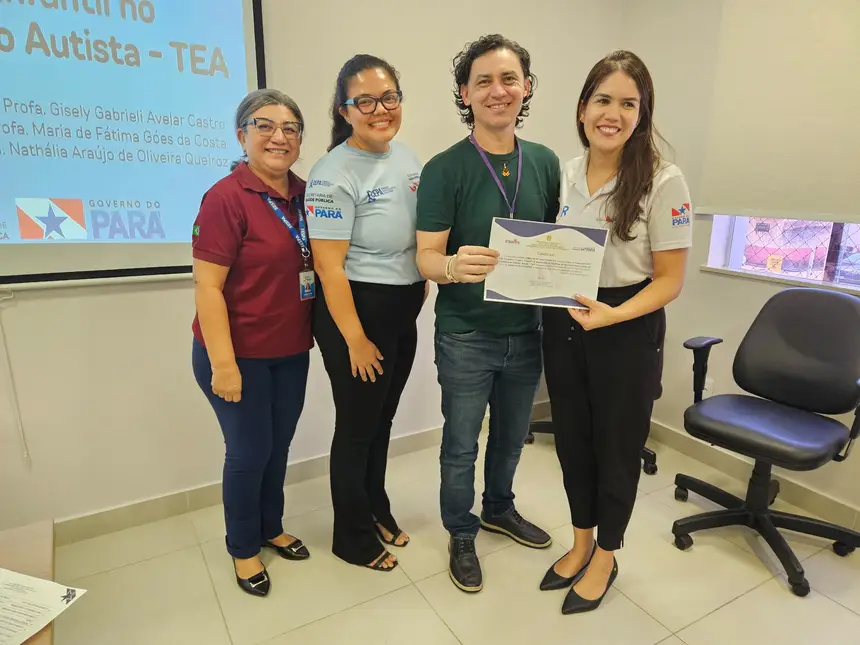
The pedagogical coordinator Luciana Maués highlighted the positive impact of the training throughout the year: “It was an extraordinary experience to provide this initiative as an institution, bringing knowledge to various municipalities. The balance was extremely positive: services were restructured, professionals improved their skills, and the care network became more humanized. For 2026, the expectation is to further increase the number of classes and strengthen the engagement of municipalities that have not yet participated,” she emphasized.
Engaged professionals - Among the participants, the evaluation is unanimous: the course contributed in a practical and transformative way to work in the territories.
The general practitioner Luan Rodrigues da Silva, from Mocajuba, emphasized the relevance of the training. “Without a doubt, a training with a lot of knowledge in this area of TEA. The theory is excellent, the teachers are very communicative, and we take this technical knowledge and daily routine back to our municipality,” he said.
Meanwhile, the coordinator of the Psychosocial Care Center (CAPS I) of Ourilândia do Norte, Lino Adriano de Lima, highlighted the opportunity for collective learning. “Professionals who live far from the capital do not always have this opportunity. And arriving here, we realize how valuable it was and how much it will add to our professional practice. It’s an exchange of experiences: the teacher teaches and learns, the student learns and teaches, at the same time,” commented the professional.
Partnership and continuity - The training is the result of a partnership between Sespa, Cepa, ETSUS, and CIIR, with the support of the Government of Pará, which invests in permanent education in health and the expansion of strategies aimed at inclusion and humanized care.
Concluding the 2025 cycle, the Formative Axis reaffirms the State's commitment to qualify professionals, strengthen municipal services, and ensure comprehensive care for people with TEA throughout the Pará territory.
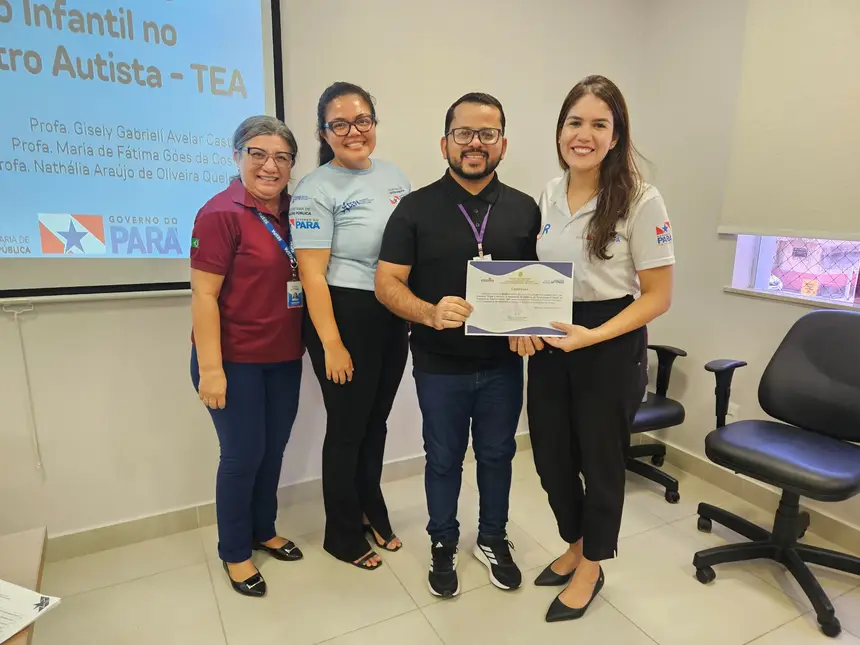
Reference – The CIIR is a reference in Pará for medium and high complexity assistance to People with Disabilities (PcDs) visual, physical, auditory, and intellectual. Users can access the Center's services through referrals from health units, welcomed by the Regulation Center of each municipality, which in turn forwards to State Regulation. The request will be analyzed according to the user's profile by the State Regulation System (SER).
Service: The Integrated Center for Inclusion and Rehabilitation is an agency of the Government of Pará managed by the National Institute for Social and Human Development (INDSH), in partnership with the State Department of Public Health (Sespa). It operates at Rodovia Arthur Bernardes nº 1000, in Belém. Meanwhile, Cetea operates at Rua Presidente Pernambuco, nº 489, Batista Campos neighborhood.



